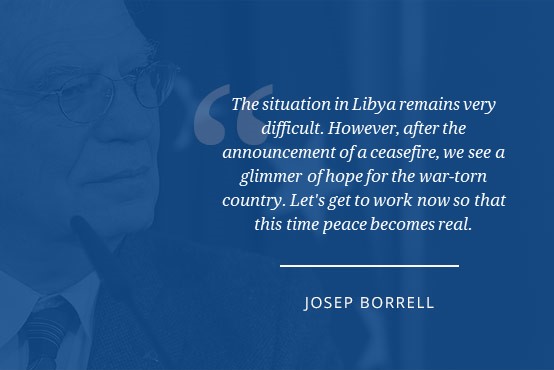Poland: EIB supports Poland in the fight against COVID-19

- €650 million made available to the Polish Ministry of Finance to support the country’s efforts in combating the pandemic
- The aim is to strengthen Poland’s emergency response system and pandemic preparedness, with a focus on health and civil protection
- The EIB will be able to finance eligible projects fully rather than its standard maximum of 50%
The European Investment Bank (EIB) and the Polish Ministry of Finance have agreed today on a financial support programme to cope with the consequences of COVID-19. The EU bank will lend €650 million to help the Polish government cover expenses and investments related to the ongoing pandemic.
The aim is to strengthen Poland’s emergency response system for the COVID-19 crisis as well as increase its mid and long-term pandemic preparedness. The EIB financing targets schemes in the health and civil protection sectors, which are under the greatest stress.
Healthcare projects can include the purchase and supply of medical and non-medical equipment, the reconfiguration of healthcare facilities and services, drug supply and production, as well as the co-financing of COVID-19 research. Civil protection programmes might involve infrastructure and equipment, including for communication and awareness-raising campaigns, hygiene and disinfection measures, examinations, screening, quarantining and other official measures imposed to prevent the spread of infectious diseases.
The EIB and the Ministry of Finance also agreed that the Bank would finance eligible expenditures in full rather than the standard maximum of 50% of project costs applied to most Bank-approved projects.
“The EIB funding agreed today with the Ministry of Finance means that Poland is better equipped to fight the pandemic and can invest more resources in upgrading its level of responsiveness in both healthcare and civil protection,” said Prof Teresa Czerwińska, EIB Vice-President, who oversees operations in Poland. “Helping the country to be more resilient to pandemics is part of our mission to ensure balanced regional development and cohesion in Europe. In unity, there is strength: as coronavirus remains present in our societies, we should continue to consolidate our support packages by topping up national resources with European funding.”
“The European Investment Bank has been supporting the government’s activities for many years,” said the Polish Finance Minister Tadeusz Kościński. “This loan is a good example of the Bank’s support in an area that is currently a priority for the Polish authorities. The agreement was made possible thanks to the set of measures prepared and implemented by the Bank, which allowed to effectively support EU Member States in the fight against the unprecedented crisis”.
This financing is made possible by repurposing the last tranche of a €1.35 billion Structural Programme Loan (SPL) granted to Poland under the EU programming period 2014-2020. SPLs are part of the financing instruments the EIB uses to supplement the structural and investment funds allocated to EU countries in the EU budget. In the wake of the COVID-19 crisis, the Polish government and the EIB have agreed to dedicate the unused part of the current SPL to co-financing the country’s response to the pandemic.


